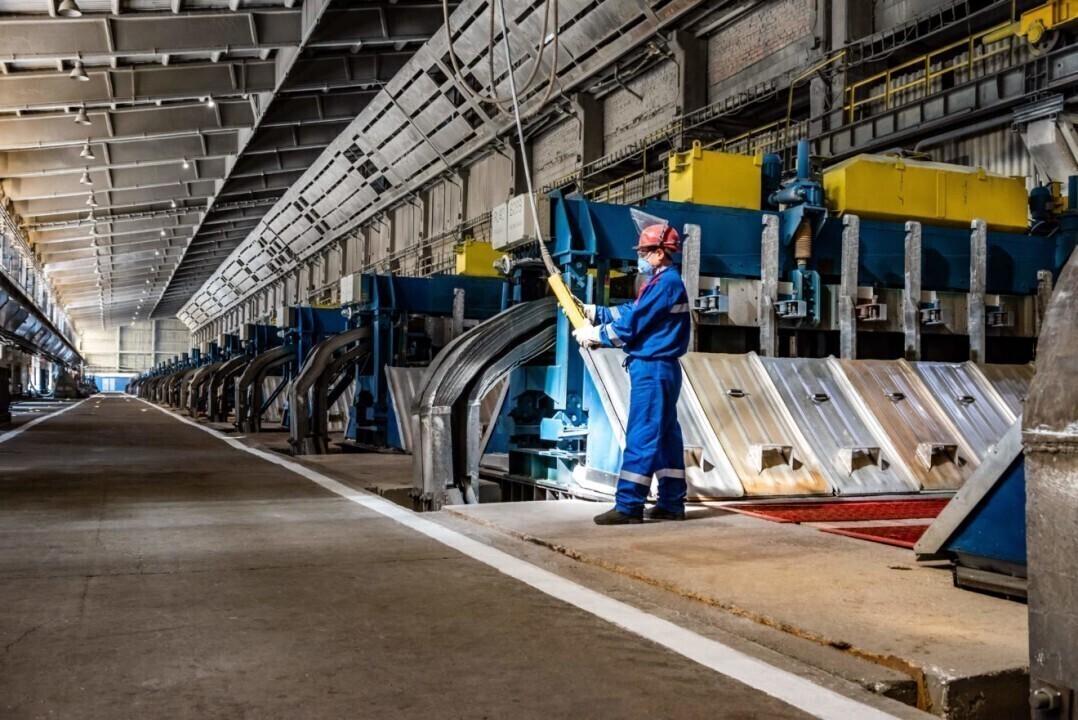

The long-awaited joint venture between Alcoa Corporation and IGNIS Equity Holdings, SL (IGNIS EQT) has officially been established to ensure the continued operation of Alcoa’s San Ciprián complex. Initially announced in October of the previous year, the joint venture has come to fruition as of March 31, 2025, following extensive discussions with the Spanish National Government, having all agreements remain intact.

Alcoa, as a major shareholder of the JV with a 75 per cent stake, has contributed USD 81 million, and IGNIS Equity, with a remaining 25 per cent share, has invested USD 27 million in forming the joint venture under a financial and mergers & acquisitions (M&A) advisory by FTI Consulting Spain and FTI Capital Advisors Spain. Going ahead, Alco will invest up to USD 108 million if required for operations.
The main goal of this joint venture is to resume operations at the San Ciprián complex in 2025, in line with a commitment made in the Viability Agreement signed between Alcoa and its employees in 2021 during the curtailment of operations. The complex, which includes an alumina refinery and an aluminium smelter, has been operating at only 50 per cent capacity since 2022 due to uncompetitive energy costs and the failure to secure alternative energy agreements. Additionally, a downturn in the European economy, leading to lower aluminium sales prices, further contributed to the curtailment of the San Ciprián operations.
Even till 2024, the San Ciprián smelter faced significant financial challenges, posting a net loss (pre-tax) of approximately USD 50 million and negative cash flow from operations of about USD 60 million.
The economic backlash does not end here for San Ciprián, as it is estimated to record a net loss of USD 80 to 100 million in 2025. However, the newly formed JV is expected to support the complex for its operations by providing renewable energy at competitive rates. In addition, the amalgamation of Alcoa’s expertise in managing aluminium operations and IGNIS EQT’s strong knowledge of energy markets and energy management services is likely to benefit the integrated complex, enabling it to stabilise its operations moving forward.



Responses






